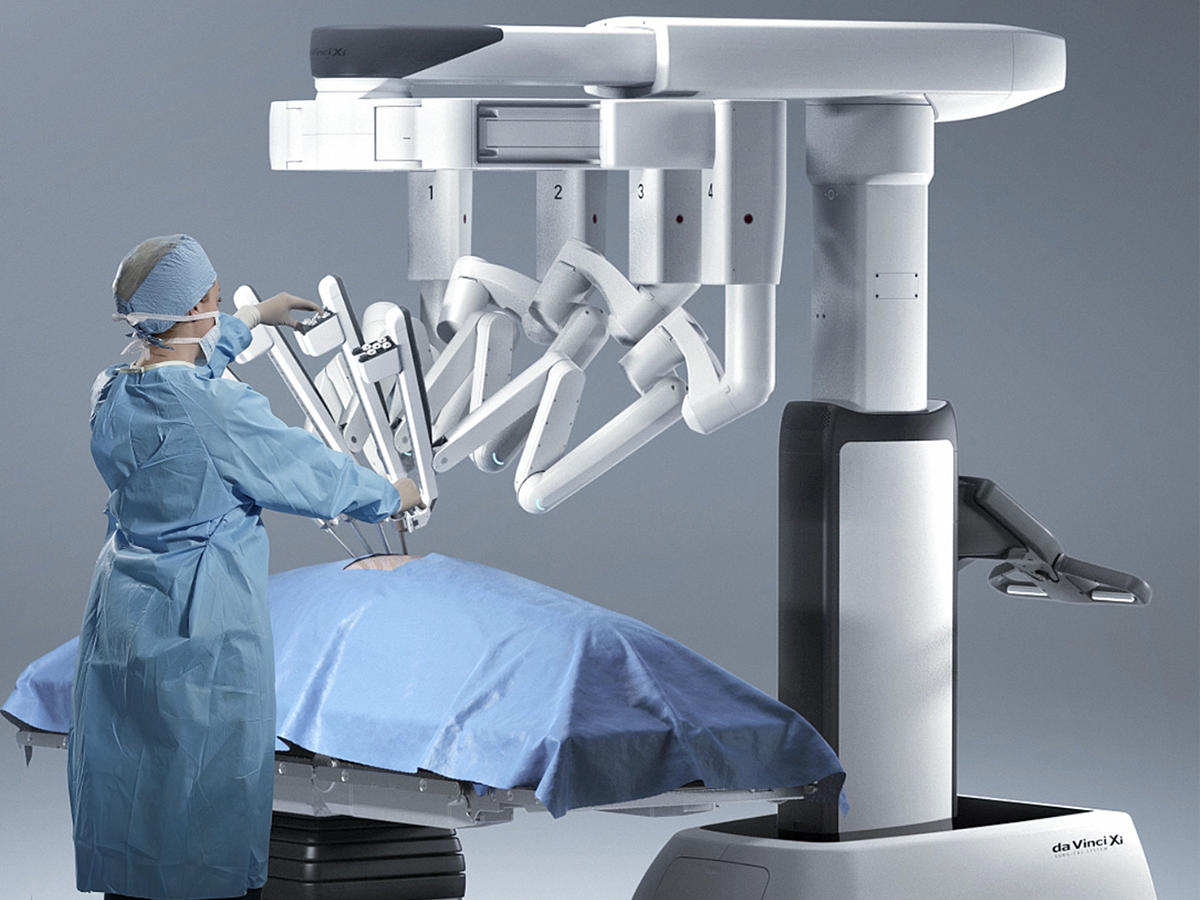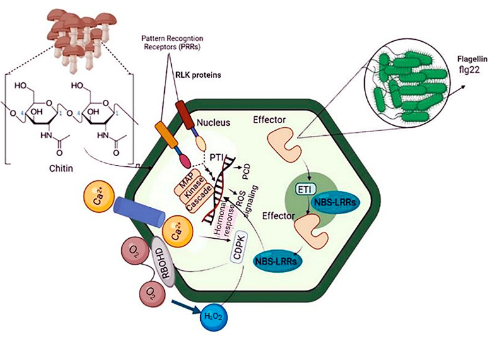Any successful relationship is built on communication, and in the context of healthcare, the value of clear and effective communication between patients and medical professionals cannot be emphasized. Building trust, encouraging shared decision-making, and eventually enhancing health outcomes all start with this crucial link. We will explore the many aspects of why effective communication is critical in the healthcare industry in this blog.
Building Trust: A solid patient-health professional relationship is built on trust. Trust grows when there is open, honest, and sympathetic communication. When patients feel heard and understood, they are more willing to divulge important details about their symptoms, worries, and medical background. With a thorough understanding of the patient’s health context, health professionals can then offer better care.
Promoting Knowledge-Based Decision-Making
Patients who receive effective communication are empowered to actively engage in their healthcare decisions. Patients are better able to make decisions about their health when medical professionals provide clear and understandable explanations of diagnosis, available treatments, and any possible risks or benefits. A sense of ownership and teamwork are fostered by this collaborative decision-making process, which produces more satisfying results.
Enhancing Treatment Adherence
Effective results depend on patients comprehending and adhering to their treatment plan. Precise communication guarantees that patients understand the medications they are prescribed, suggested lifestyle modifications, and instructions for follow-up care. By promoting inquiries and dispelling any misunderstandings, medical professionals can assess patients’ comprehension and ultimately improve treatment plan adherence.
Improving Emotional Support
Providing emotional and psychological support is an important part of healthcare, which goes beyond physical health. Health care providers are better equipped to identify and meet patients’ emotional needs when they communicate effectively. This can be especially helpful for long-term or chronic illnesses where emotional support is essential to general health.
Reducing Health Disparities: One of the most effective ways to close the gap in health is through effective communication. Individuals with varied backgrounds may encounter difficulties related to language, culture, or finances. It is possible to remove these obstacles and guarantee that every patient receives inclusive and equitable care by prioritizing clear and culturally sensitive communication among health professionals.
Promoting Continuity of Care
Communication is a continuous process that goes beyond individual visits; it is not a one-time occurrence. Open channels of communication between patients and healthcare providers enable the latter to monitor treatment outcomes, keep tabs on status changes, and quickly address any new issues that may arise. Maintaining overall health and well-being and managing chronic conditions depend on this continuity of care.
Communication is the melody that orchestrates a harmonious relationship in the complex dance between patients and health professionals. It is impossible to overestimate the significance of effective communication in the healthcare industry since it is the cornerstone of patient wellbeing overall, treatment adherence, shared decision-making, and trust. We can create a healthcare system that is not only clinically efficient but also compassionate and patient-centered by identifying and emphasizing effective communication.https://www.youtube.com/watch?v=e9U-r9D6oVw








